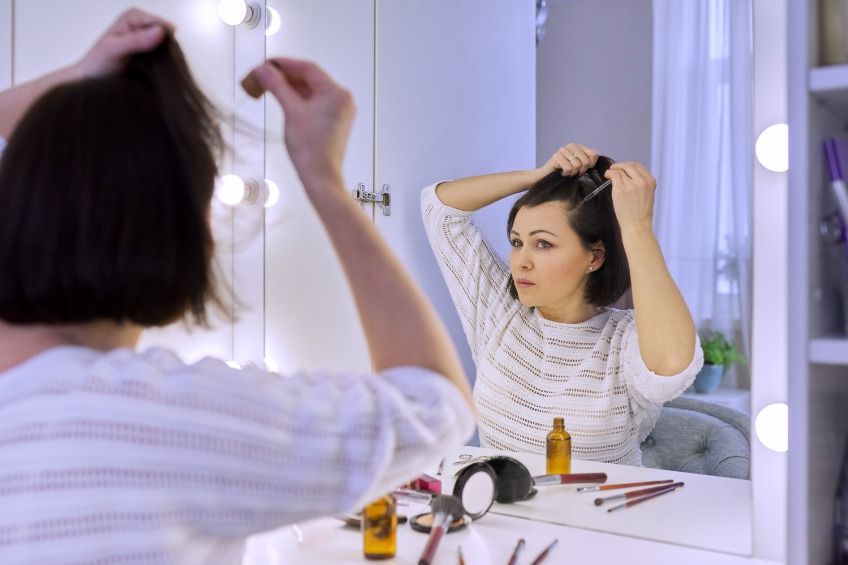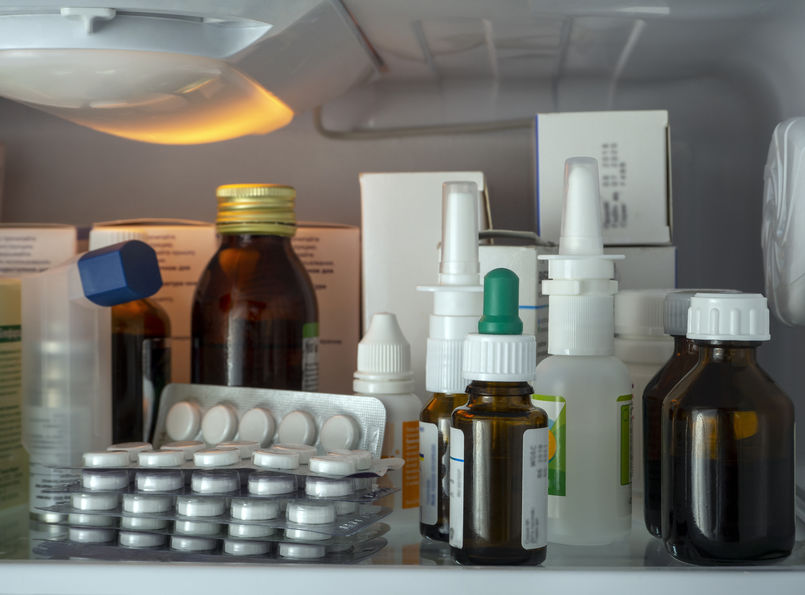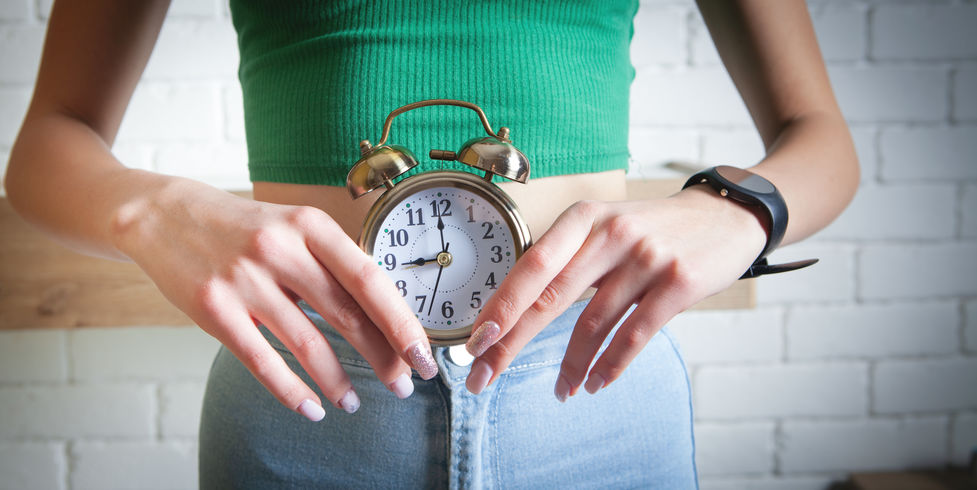What Happened To My Hair?
Pregnancy hormones contributed to 9 months of beautiful luscious locks. Now that the baby is here, mom’s hair is dull and falling out in fistfuls. Although hair loss is a relatively common complaint in the postpartum period, women want immediate solutions. Pharmacists may be able to help.

Telogen effluvium
When hair starts shedding excessively, telogen effluvium may be at play. This temporary condition is often a result of recent stress. However, for new moms, the underlying cause is usually hormonal. During pregnancy, higher levels of estrogen result in thicker hair and faster growth. After delivery, estrogen levels drop quickly, resulting in extreme shedding. Although postpartum hair loss is temporary, certain supplements may help with re-growth.
More biotin
One of the go-to vitamins for hair is biotin. Low levels of this important B vitamin can cause hair loss and brittle nails, so having enough is essential. Although prenatal and postnatal vitamins typically contain some biotin, a pharmacist may recommend taking more if hair loss is a concern. Biotin can also be obtained from sources in the diet, such as egg yolks, fish, nuts, and certain meats. Getting adequate amounts from a supplement or diet is essential postpartum.
Iron too low?
Low levels of iron have also been linked with hair loss. When the body doesn’t have enough iron, the body cannot produce sufficient hemoglobin in the blood. Hemoglobin is responsible for transporting oxygen to cells responsible for stimulating hair growth. Iron deficiency is common, especially after delivery, with high amounts of blood loss. Vegetarians and vegans may also have low iron levels. A doctor can order a blood test to determine a patient’s current iron level. Then, the pharmacist can recommend a supplement with the right amount of this vital vitamin to increase levels. With enough iron, hair loss may soon be a distant problem.
Collagen may help
Collagen is the most abundant protein in the human body. The body can produce this vital protein, but supplements can ensure enough is available. The body uses amino acids to build keratin, the protein that makes up the hair. When collagen is consumed, the body breaks this protein down into amino acids that can be used to contribute to hair growth. More evidence is needed to conclude that collagen can help stop hair loss. However, many pharmacists may recommend that this supplement be added to a daily postpartum regimen.
Grow hair grow
If the shower drain starts clogging up, don’t panic. Telogen effluvium after having a baby is a common and temporary condition. If a more immediate solution for hair loss is desired, certain supplements may help. Consider asking a pharmacist for recommendations to help those locks grow long again.







